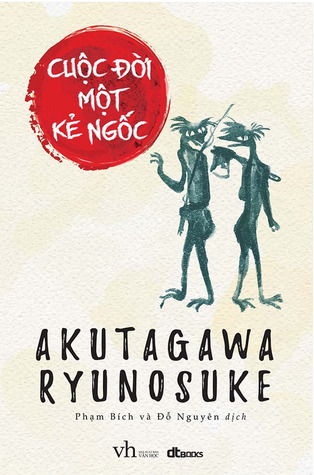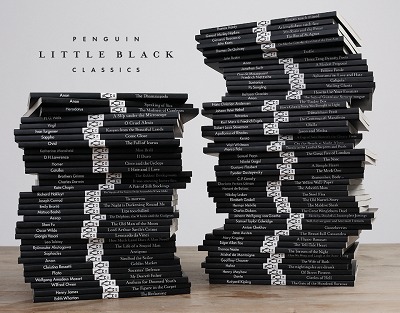What do you think?
Rate this book


269 pages, Hardcover
First published January 1, 1927

"Ah, what is the life of a human being - a drop of dew, a flash of lightning? This is so sad, so sad."
"On that particular day, perhaps because I was physically debilitated, I found myself staring at the blackened gravestone in the early spring afternoon sunlight and wondering which of the three had been the most fortunate."
A shimmering of heat -
Outside the grave
Alone I dwell.
"I am living now in the unhappiest happiness imaginable. Yet, strangely I have no regrets. I just feel sorry for everyone and anyone unfortunate enough to have had a bad husband, a bad son, a bad father like me. So, goodbye then."
"......but he knew that not everyone is moved by literature. His own works were unlikely to appeal to people who were not like him, and had not lived a life like his - this was another feeling that was worked upon him."
"I've heard you want do die,' she said.
"Yes- or rather, it's not so much that I want to die as that I'm tired of living."



 @monica_reads
@monica_reads